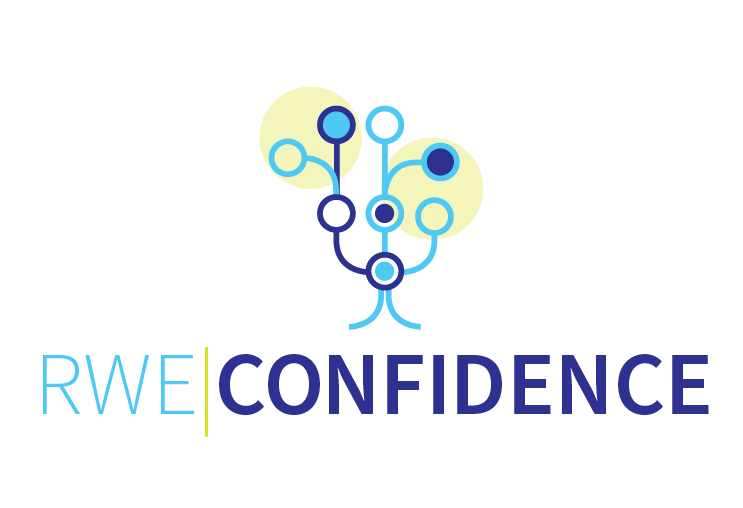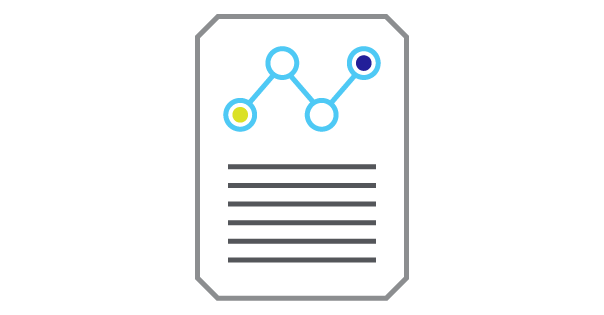Real World Evidence Confidence

Building Confidence Through Innovation
Ongoing discourse and deliberation among healthcare stakeholders include the crucial topic of reliability of real-world evidence (RWE). One of the key challenges in conducting RWE studies is ensuring that high-quality and fit-for-purpose data is used. Despite the recent advent of high-quality real-world data (RWD), potential issues, such as incomplete or missing data, and unmeasured or obscure confounding factors can lead to bias, jeopardizing the credibility of RWE findings. Hence, it is critical to adopt appropriate study designs, analytical methods, and statistical approaches that account for possible sources of bias and confounding. Furthermore, establishing standardized protocols for assessing and reporting data quality in RWE studies is crucial for ensuring the dependability of the results.
Increase RWE Confidence with Cytel’s RWE Clinical Trial Solutions.
Inform more effective and efficient healthcare decision-making through our combined innovative data-finding solutions and advanced analytic techniques.

Data Finding

Comparative effectiveness studies/target trial emulation (TTE)
Using rigorous methodologies on fit-for-purpose real-world data, such as TTE, comprehensive and strong evidence packages can be produced to support the drug price negotiation process. The TTE framework was also recently endorsed in NICE’s RWE framework*. Cytel RWE experts are engaged in ongoing collaborations, demonstrating the use of TTE to inform comparative effectiveness and illustrating practical considerations. Furthermore, we have published a significant number of studies and peer-reviewed articles that serve as evidence of our extensive knowledge and expertise pertaining to these concepts.

External Control Arms (ECAs)

Quantitative Bias Analysis (QBA)
We are pioneers in the development and practical application of QBA methodologies to assess the robustness of RWE studies. Our publications effectively demonstrate the substantial value and practical advantages of QBA. As a testament to this, one of our recent publications was specifically cited in NICE's RWE framework as an example of QBA application for future researchers to consider. Beyond existing methods, Cytel is engaged in the development and empirical application of novel QBA approaches, such as bias adjustment using external information on bias.

Transportability methods
Cytel experts are actively engaged in the application of transportability methods to facilitate stakeholder discussions and address the critical issue of generalizability and transferability of RWE across different settings and geographies. These methods broadly rely on matching and weighting approaches, outcome regressions, or a combination of both to adjust for differences in characteristics of the study population and the target population of interest. Strong assumptions for the transportability of evidence are validated based on domain proficiency, leveraging Cytel’s network of clinical experts in key geographies and ex-payers or regulators.

PASS studies
Resources
Sorry no results please clear the filters and try again

Reflections on the RCT DUPLICATE Study and Increasing Confidence in Real-World Evidence

Head-to-head comparison: a target trial emulation using real-world data

ISPE-Endorsed Guidance in Using Electronic Health Records

Data Challenges (and Solutions) for Externally Controlled Trials

Using Quantitative Bias Analysis in Real World Data Strategy


